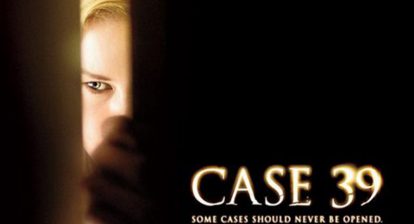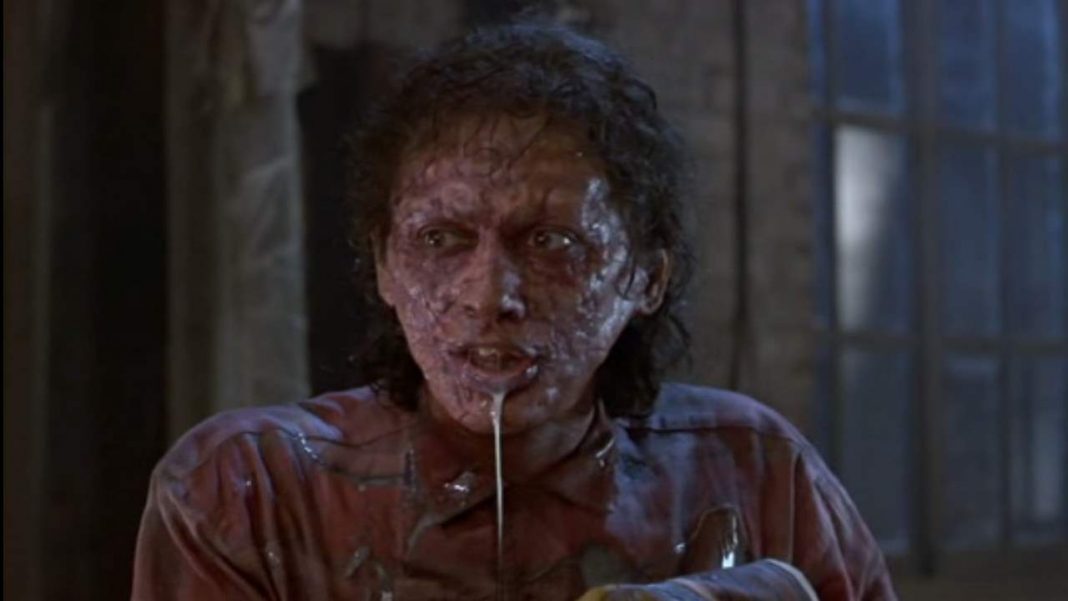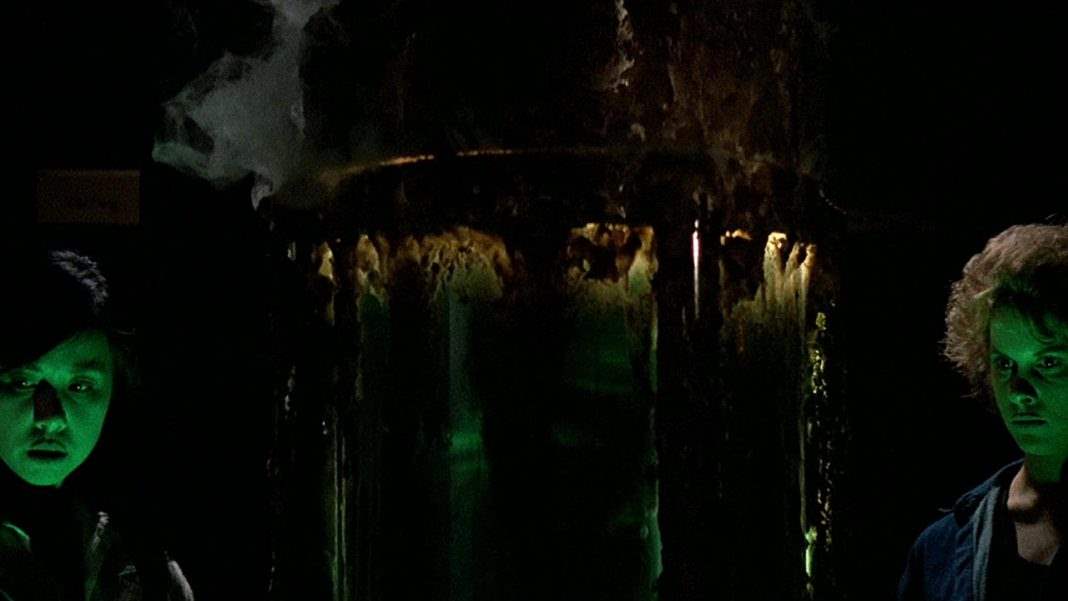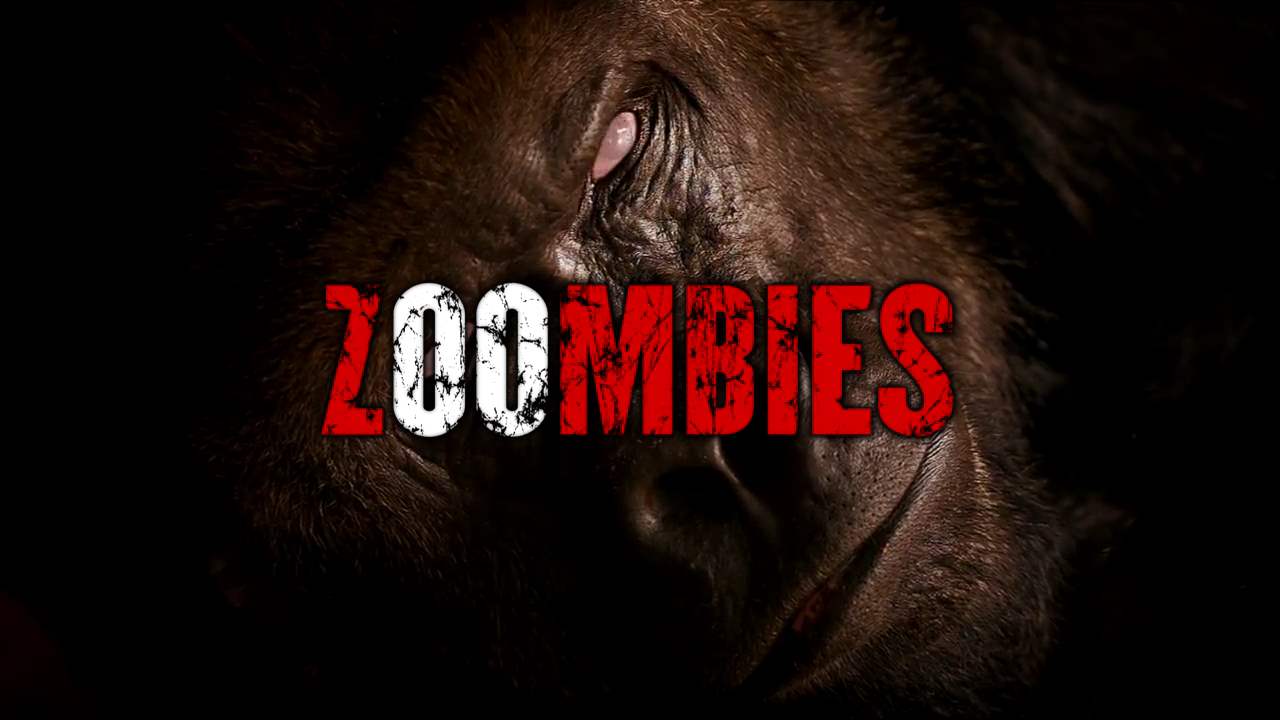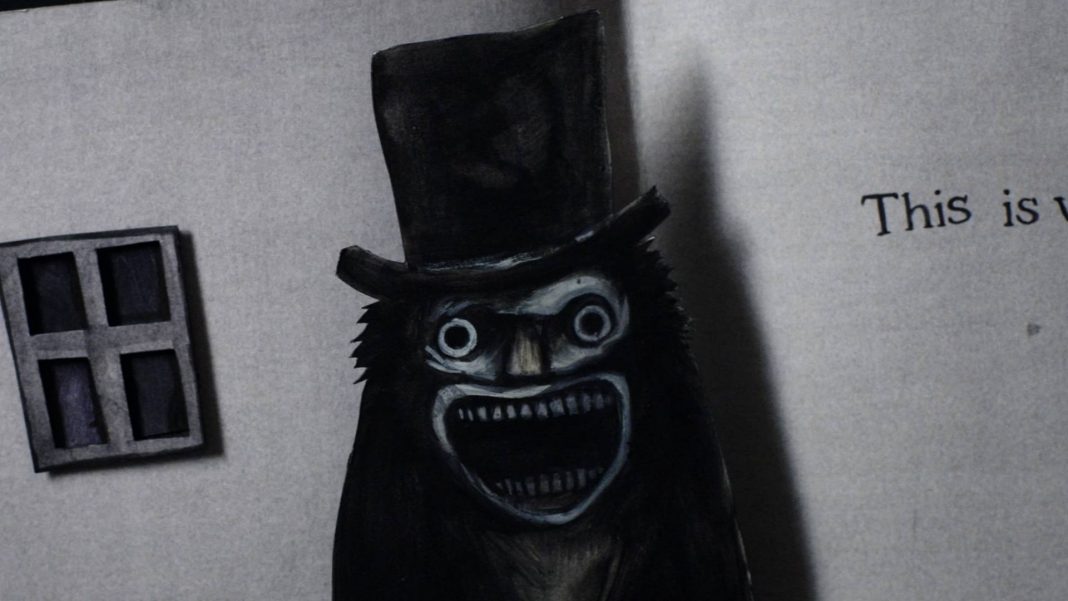Lucio Fulci was never a very linear director. His films—be they giallo, zombie or otherwise—rarely had anything resembling a straightforward plot. They worked despite these things, and in some cases because of them. With his loosely connected Gates of Hell trilogy, Fulci began to adopt a more surrealist approach to filmmaking. House by the Cemetery is the most straightforward of the three in terms of plot and also happens to be the weakest. City of the Living Dead works because it at least embraces its strangeness. But it is The Beyond in which Fulci truly masters surrealism and crafts a weird and gory masterpiece.
The Beyond centers on a Louisiana hotel that sits on top of a gateway to Hell, which is one of seven such gateways across the globe. As this door draws closer and closer to opening, stranger and stranger things begin to happen and these instances come in many forms. There are visions of ghosts, the dead begin to walk, animals are possessed and these are just a few examples of the horror caused by this thing. The Beyond feels like a completely different film from one scene to the next and this, strangely enough, is its greatest strength.
While so much happens and it all feels completely different, The Beyond is not a series of vignettes or any kind of anthology. Everything in the movie connects back to the hotel, the mysterious Book of Eibon found inside it, and the gates of Hell in general. These constants prove incredibly useful to the feature as a whole. Even if there are moments that happen completely out of the blue, they are aided by at least a thematic connection, or a location, to keep some sense of an overall story.
The Beyond dips its foot in all sorts of different sub-genres. It begins by feeling like something with echoes of giallo, as we watch a man get tortured to death. Then it quickly becomes a haunted house movie, which it tries to settle into until it becomes an all-out zombie epic by the end. These are all completely separate sub-genres but The Beyond is able to seamlessly drift between them and the audience embraces the weirdness and goes along with it. The visual style even changes at times, yet the audiences is not lost or taken out of the film. It may be bleak one moment, sometimes even approaching black and white, and then suddenly colorful the next.
The most consistent thing in The Beyond is tone. A heightened and unrealistic style only helps to convey and sell the over-dramatic sense of dread. This is not realism and as such is not overly concerned with reality. But that only winds up being a benefit to the movie, not a hindrance. When not concerned with obeying the rules of logic or the general laws of film pacing, Fulci is more easily able to embrace the everything-plus-the-kitchen-sink style that he always seemed to be more naturally geared toward anyway. Even his most straightforward and well known film, Zombie, has moments—like the iconic zombie vs. shark scene—that feel like it came from a completely different feature. With The Beyond he stops fighting this nature and embraces it fully.
The results are strong. Because it is not necessarily tied to reality, The Beyond is also one of Fulci’s goriest works. The over-stylized nature of it allows for this. The Beyond does not showcase realistic violence and as such, there is as much carnage in the film as one can stand. There are eye-gougings that rival the infamous one in Zombie, and there are torn limbs, guts spilled and people being pulled apart by their dogs. A child even has her head blown off on screen, and the movie gets away with it primarily based of its total absence of realism.
For all of these reasons, The Beyond is a surrealist masterpiece. It is Fulci’s magnum opus. It’s a movie that entirely embraces its strangeness. Thirty years later it holds up, it still works, it is still scary and effective on a visceral level. The FX are cheap, but they work really well. It is one of the most effective of the Italian horrors, because it adheres to nothing but Fulci’s own feverish imagination.

